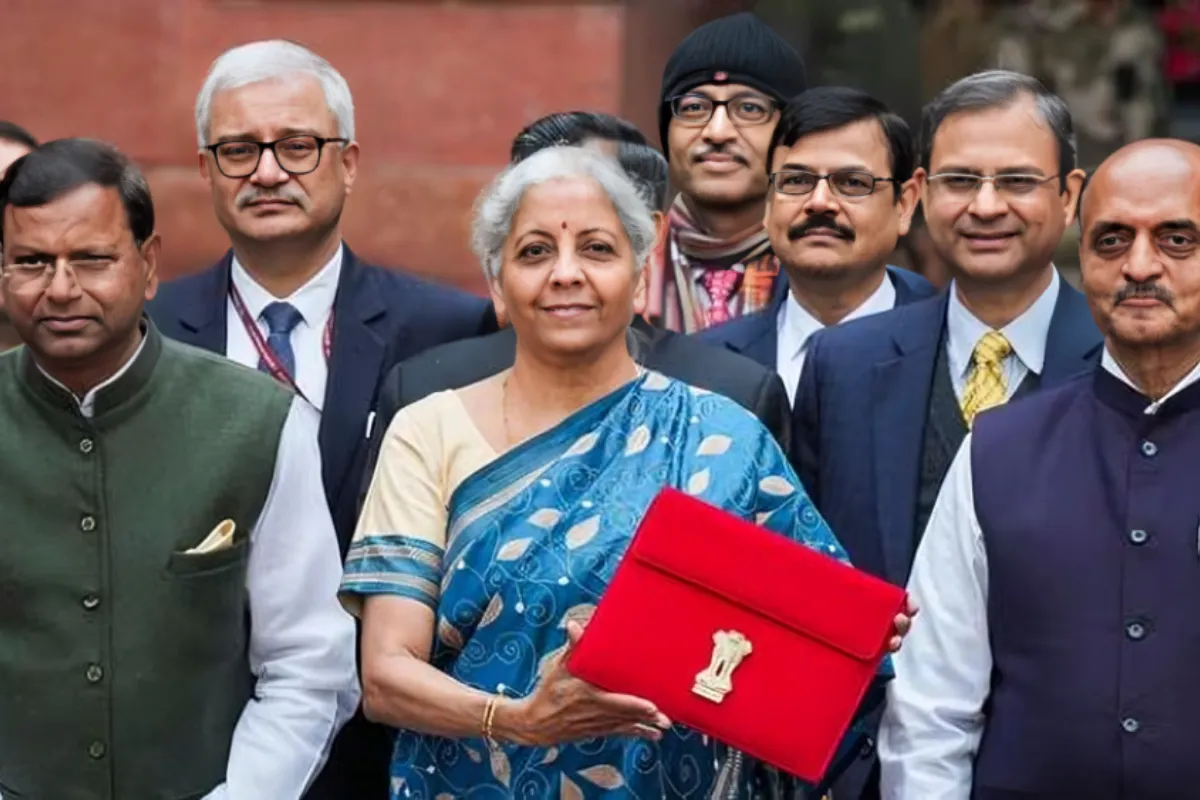Finance Minister Nirmala Sitharaman recently presented the Budget for the fiscal year 2024, outlining key initiatives and allocations across various sectors. As taxpayers eagerly awaited potential changes in tax rates, the absence of adjustments in this domain may have left some disappointed. However, a closer examination reveals a multifaceted approach towards bolstering the economy while addressing pressing socio-economic concerns.
Income Tax Policy
One of the most eagerly anticipated aspects of the budget was potential changes to income tax rates. However, taxpayers were met with disappointment as Sitharaman announced no alterations in direct and indirect tax rates, including import duties.
Nevertheless, Sitharaman highlighted significant achievements in tax administration, pointing to a doubling of tax collections over the past decade and a notable reduction in the average processing time of tax returns. This emphasis on efficiency and transparency within the tax system underscores the government’s commitment to ensuring smooth tax compliance and revenue generation.
Fiscal Management and Infrastructure Development
One of the budget’s highlights was its emphasis on fiscal consolidation, with the Fiscal Deficit target for FY25 set at 5.1 percent of the GDP, surpassing expectations. Additionally, a substantial increase in capital expenditure outlay to ₹11.1 lakh crore for infrastructure development signifies a concerted effort to stimulate economic growth and create employment opportunities.
Railway and Rural Empowerment
The announcement of converting rail bogies to Vande Bharat and expanding key rail infrastructure projects reflects a commitment to enhancing transportation and connectivity. Furthermore, the ‘Lakhpati Didi’ Scheme, aimed at empowering rural women, exemplifies initiatives fostering socio-economic inclusivity and self-reliance.
Renewable Energy and Electric Vehicles
In line with environmental sustainability goals, the budget allocates resources to promote renewable energy adoption, including offshore wind energy and coal gasification projects. Moreover, the emphasis on strengthening the electric vehicle ecosystem underscores efforts towards reducing carbon emissions and fostering innovation in transportation.
Tourism and Technology
Efforts to boost tourism through comprehensive development and branding of iconic destinations, coupled with investments in technology-driven solutions, highlight a strategic approach to harnessing India’s potential as a global tourist destination and a hub for technological innovation.
Healthcare and Housing
Expansion of healthcare coverage under Ayushman Bharat and initiatives to provide affordable housing through schemes like PM Awas Yojana underscore the government’s commitment to improving public health and addressing housing shortages, particularly in rural areas.
MSMEs and Agriculture
The budget prioritizes support for MSMEs through training initiatives and financial sector reforms, recognizing their role in driving economic growth. Additionally, efforts to enhance value addition in agriculture and boost farmers’ incomes signal a focus on agricultural modernization and livelihood improvement.
Keep watching our YouTube Channel ‘DNP INDIA’. Also, please subscribe and follow us on FACEBOOK, INSTAGRAM, and TWITTER.












